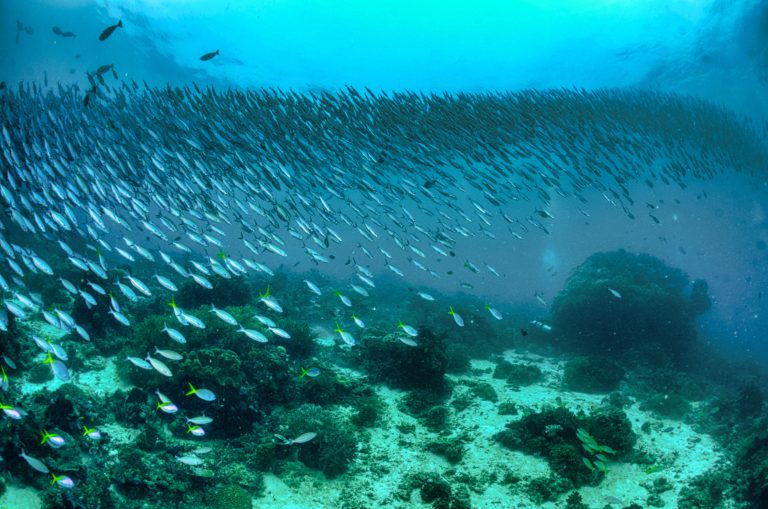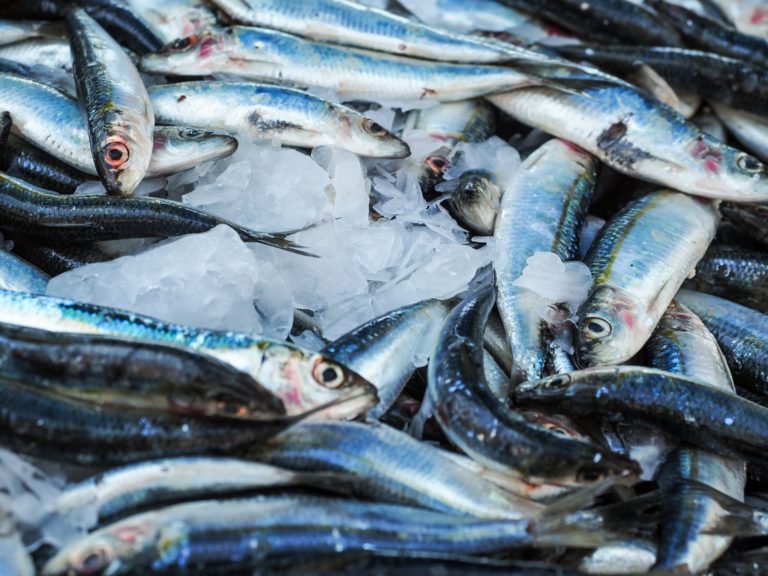Fisheries
Phase 1 of PRINCE produced a case study on capture fisheries. This study developed new environmental extensions for MRIO modeling that nuance available wild fish production data by factoring in important variables such as: life history characteristics of the species caught; species vulnerability; the region in which they are caught; and method of catch. The resulting indicators capture not just direct consumption of fish products, but also embedded pressures – for example, discarded bycatch and fish-based feed fed to animals
Overview
Phase 2 of PRINCE has produce a detailed articulation of the potential next steps for research linked to fisheries impacts (aquaculture and marine). This includes a basis update to the fisheries extension to incorporate aquaculture data from FAO. A scoping analysis of the potential to extend both capture and aquaculture datasets to improve their ability to incorporate environmental impact assessment (including elements such as stock status, regionally and species-specific discards, and other environmental externalities of production) is also provided.
We have also scoped out the possibility of creating further extensions to include the exploitation status of marine fish stocks and the environmental impacts of aquaculture. For now, the PRINCE fisheries extension is a prototype. We have shown that data is available and can be used successfully to understand the impacts of fish consumption.
Outputs
-
 19 Feb 2021
19 Feb 2021Swedish fish consumption – improving estimation methods
Improving consumption based accounting for global capture fisheries West, C. D., Hobbs, E., Croft, S. A., Green, J. M. H., Schmidt, S. Y. and Wood,…
-
 21 Sep 2021
21 Sep 2021Case Study: Indicators for environmental impacts of capture fisheries
Case Study: Indicators for environmental impacts of capture fisheries This case study developed new environmental extensions for MRIO modeling that nuance available wild fish production…